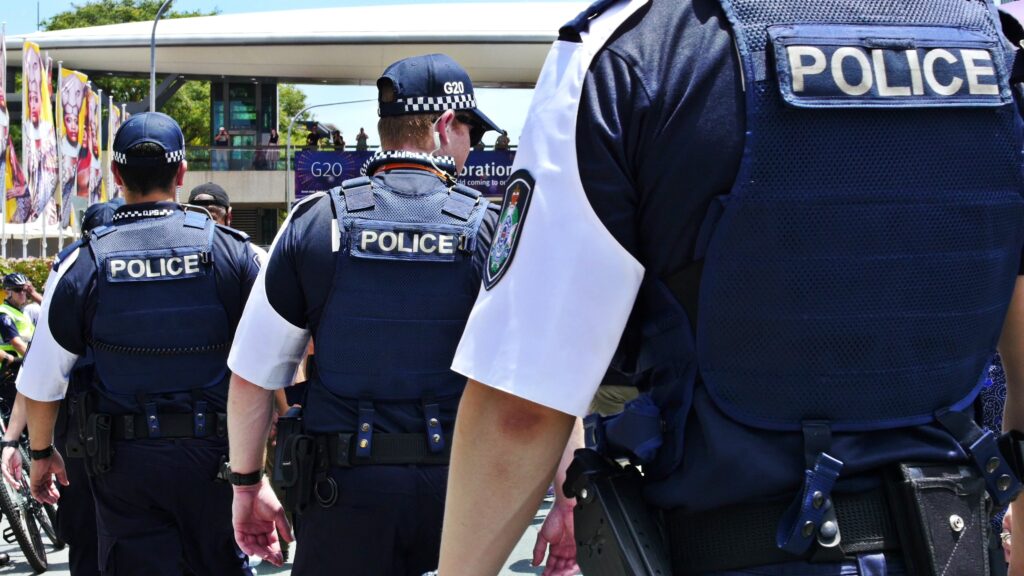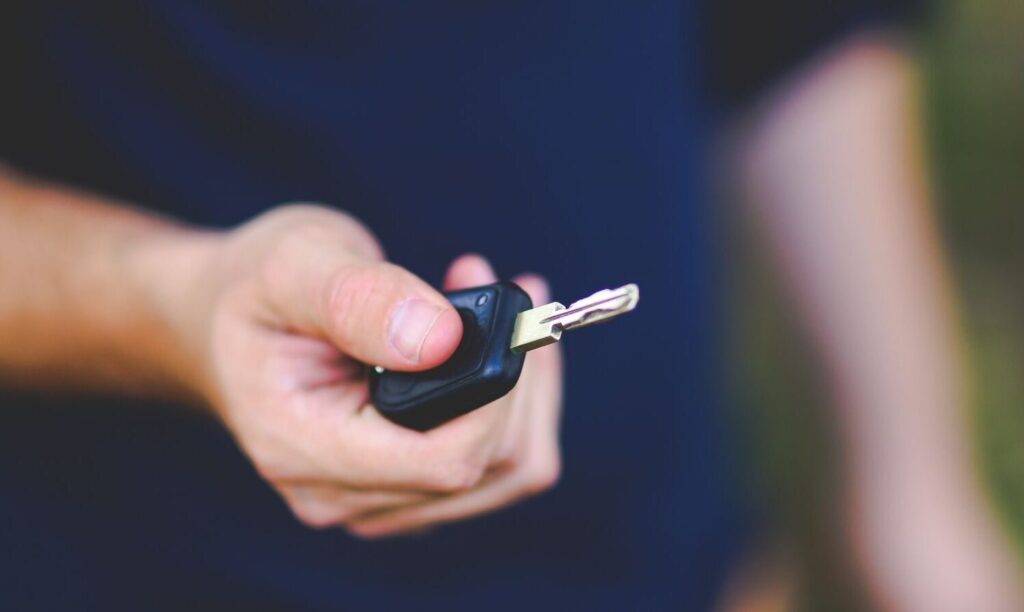When a person is charged with a criminal offence, they will usually have 2 options; plead guilty, or plead not guilty. However, there is an additional option available to those suffering from a mental illness or impairment to have the charges dismissed under section 14 of the Mental Health and Cognitive Impairment Forensic Provisions Act 2020. This is known as a ‘Section 14 Application’.
What is the result of a Section 14 Application?
A successful section 14 application will mean that there is no formal finding of guilt made against you. As a result, no criminal conviction recorded.
Instead, the Court will discharge you either conditionally, or unconditionally. For example, you may be ordered to comply with a treatment plan for 12 months.
How do I make a Section 14 application?
A magistrate will only consider an application if you have a mental health impairment or a cognitive impairment (or both). Accordingly, the first step is to obtain evidence or confirmation of your mental health condition. A lawyer will then provide advice about the strength of your application.
If you wish to proceed with making the application, you will then need to undergo an assessment and obtain a report from a forensic psychologist or psychiatrist. It is important that this report addresses certain criteria outlined in the legislation. Therefore, you should speak with a lawyer before obtaining the report.
The Court will allocate time consider your application on a specified date. Usually, you will need to serve the report on the Court and Prosecutor prior to this date.
Considerations
The existence of a mental health impairment, or a cognitive impairment, of itself will not entitle you to have your charges dismissed. The magistrate is required to take into account a number of considerations. These include:
- The nature of your mental health impairment or cognitive impairment
- The seriousness of the criminal charges
- The sentencing options available
- Any relevant changes in your circumstances since the alleged offence occurred
- Your criminal history
- Whether you have made a similar application before
- The contents of any treatment plan proposed
- Whether you are a risk to the safety of a victim, the public or yourself
- Any other relevant factors.
Ultimately, the magistrate will decide whether it’s more appropriate for you to be discharged under section 14, or dealt with in accordance with the law (i.e. through a plea of guilty or not guilty).
Length of the Order
The order can be for up to 12 months. As a result, you need to obey any orders made by the Court in relation to your treatment throughout this period.
Breaching a Section 14 order
If you do not obey the conditions made by the magistrate, you will be in breach of the order.
For example, a Court may make an order that for 12 months you must obey all reasonable directions of a named treatment provider e.g. your GP or psychologist. Therefore, if you fail to attend appointments or you stop taking prescribed medication during that period, the treatment provider will notify the Court of the non compliance.
As a result, the magistrate can order you to appear in Court and if appropriate, deal with your charge as if you had not been discharged.
We Can Help
If you need assistance, our lawyers are here to help. Contact Us to arrange a free initial consultation.











